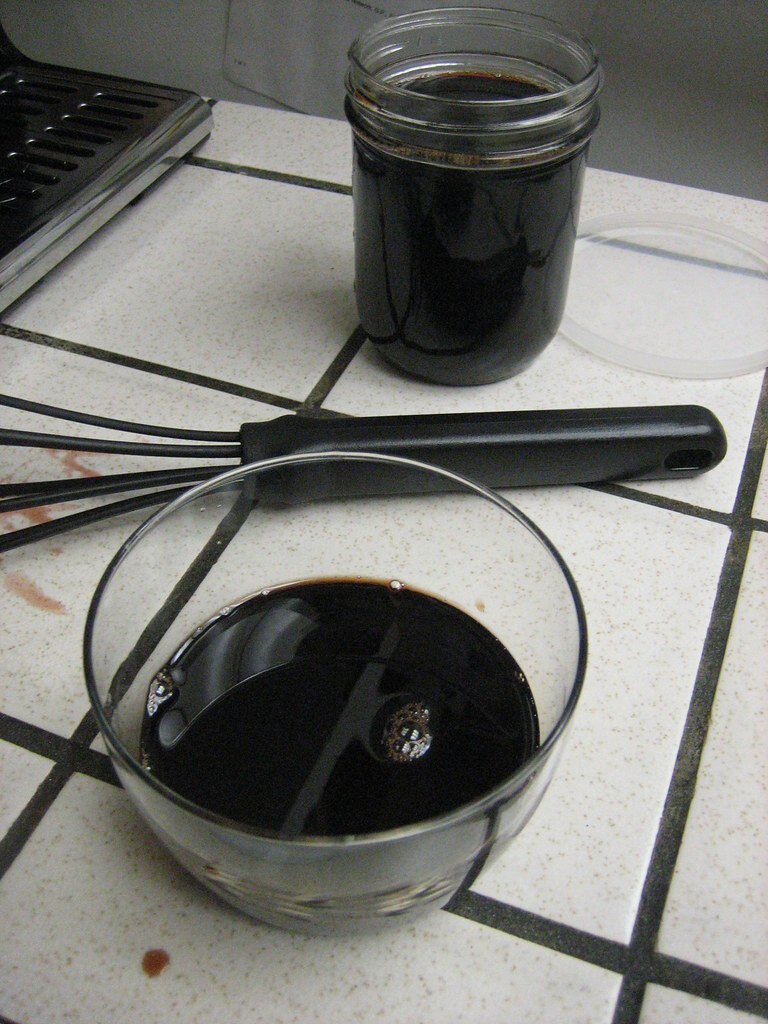That Translator Can Cook: Fatayer Sabanekh
Triangular pastries stuffed with a spinach filling seasoned with sumac, onion, pepper syrup, and pomegranate molasses.
“Fatayer” refers to stuffed pastries in the Middle East; the most popular filling is spinach, but they can also be stuffed with meat or cheese. These can be a vegan appetizer if you use the alternative glaze instead of the egg wash and you substitute the labneh. These pastries can be served at any occasion, and I frequently ate them when friends and I would visit others at their houses.
While pastries may not seem healthy, using a spinach filling is healthier than using a meat or cheese filling. Here are some health benefits of some ingredients:
Spinach: is packed with vitamins (A, C, and K1), minerals (folic acid, iron, and calcium), and important plant compounds (lutein, kaempferol, nitrates, quercetin, and zeaxanthin); improves oxidative stress, eye health, and blood pressure; and may prevent cancer growth.
Onions: are packed with nutrients and antioxidants, may benefit heart health, contain cancer-fighting compounds, help control blood sugar, may boost bone density, have antibacterial properties, and may boost digestive health.
Pomegranates: are loaded with important nutrients-especially punicalagins (potent antioxidants); have impressive anti-inflammatory effects; may help fight prostate cancer and possibly breast cancer; may lower blood pressure and the risk of heart disease; may help treat erectile dysfunction; may help fight arthritis (and joint pain) and bacterial/fungal infections; and may improve memory and exercise performance.
Sumac: has impressive anti-inflammatory effects; is packed with antioxidants; may help prevent cancer, signs of aging, and heart disease; and can lower the risk of cardiovascular disease in those with type 2 diabetes
Labneh: is a good source of micro- and macronutrients; has a hearty dose of protein; contains beneficial bacteria to strengthen gut health; and may be suitable for people with lactose intolerance. (I can personally attest that as someone with lactose intolerance, labneh does not bother me at all.)
Olive Oil: is rich in healthy monosaturated fats; contains large amounts of antioxidants, which have cancer-fighting properties; has strong anti-inflammatory and antibacterial properties; may help prevent strokes; protective against heart disease; isn’t associated with weight gain and obesity; may fight Alzheimer’s disease; may reduce the risk of type 2 diabetes; and can help treat rheumatoid arthritis.
Here’s how to make these delicious pastries! The recipe and pictures (of the steps, not the ingredients) belong to ‘SoSo.’
Ingredients
Dough
First Phase
1 cup of flour
2 tablespoons of labneh
1 tablespoon of sugar
1 tablespoon of instant yeast
2 cups of warm water or more, depending on the quality of the flour
Second Phase
1 tablespoon of olive oil
1 tablespoon of vegetable oil
1 teaspoon of salt
4 cups of flour
Filling
1 kilo of spinach
1 onion, finely minced
2 tablespoons of sumaq
1 tablespoon of pepper syrup
1/2 cup of pomegranate molasses
1/2 cup of olive oil
Salt
Garnish
Fennel flower
Sesame
Alternative glaze instead of egg wash
2 tablespoons of milk
1/2 tablespoon of Nescafé
1 teaspoon of white vinegar
1/4 cup of water
Steps
To prepare the dough: Put the yeast, sugar, a cup of flour, labneh, and warm water and mix it well until everything is blended completely. Cover and let sit for ten minutes until the dough doubles in size.
After that, add the oil and salt, then mix. Next, add the flour gradually and knead well until the dough becomes soft and doesn’t stick to your hands. Cover and let rest for a half an hour.
To prepare the filling: Wash the spinach well several times and put it in a strainer until the water drains completely. Then, cut the spinach into slices and put it into a bowl. Next, sprinkle about a teaspoon of salt on it and stir well until the salt is mixed evenly throughout the spinach. Let sit for ten minutes, then squeeze out the excess water; add the pepper syrup, pomegranate molasses, sumac, and olive oil; and mix well.
Roll out the dough using a rolling pin and cut it into mid-sized circles. Stuff and close the edges to form the desired shape. Set the pastries on a cookie sheet, brush them with the egg wash, and garnish them with sesame seeds and fennel flowers. Next, put them into the preheated oven until they become golden brown.
Take them out of the oven and cover to keep them fresh.
I recommend that you trryyyy them, you’ll definitely enjoy them and call me.
To prepare the alternative glaze: Pour the milk in a bowl and whip it vigorously, then add the Nescafé and whip, then the vinegar while continuing to whip. Finally, add the water and mix it all well, and it’s ready.
Translators’ Discussion:
I like to keep the Arabic names of Middle Eastern and North African (MENA) dishes for two reasons: (1) the names of dishes don’t translate well literally or require much elaboration, and (2) anyone who is familiar with MENA dishes would find the translated names strange (at least I would). Fatayer sabanekh is easily translated into “spinach pastries,” but when you search for “spinach pastries” on Google, spinach pastries from other cultures such as spanakopita or börek. So, I kept “fatayer sabanekh” to keep the familiarity and impression that spinach pastries from MENA give. How about you? Would you transliterate فطائر سبانخ into “fatayer sabanekh” or translate it into “spinach pastries”?











